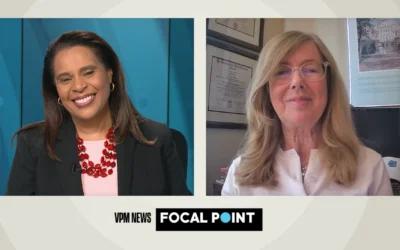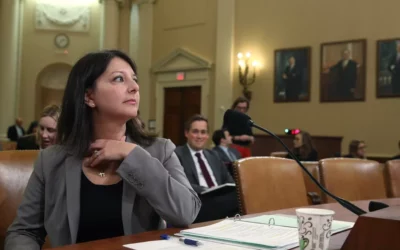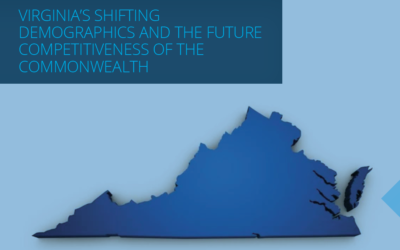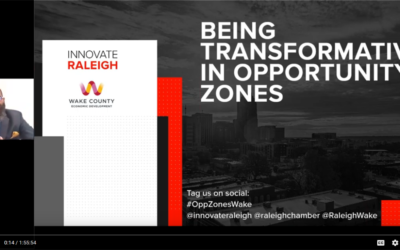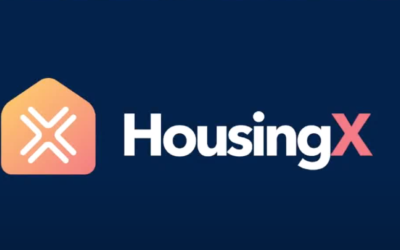Publications, Webinars, and Podcasts
Mass Migration: Why are people moving south?
Mass Migration: Why are people moving south?Virginia’s demographics are changing. Jeanne Milliken Bonds, public policy...
The EIDC Economic Development Journal – Fall 2023
WCH In the NewsThe EIDC Economic Development Journal - Fall 2023 International Economic Development Council1275 K Street,...
The painful pandemic lessons Mandy Cohen carries to the CDC
The painful pandemic lessons Mandy Cohen carries to the CDC"North Carolina initially failed to prioritize testing for...
Building an Inclusive Entrepreneurial Ecosystem
Building an Inclusive Entrepreneurial EcosystemInsight by James H. Johnson Jr., Ph.D, Jeanne Milliken Bonds,...
Demographically Targeted Approaches to Community Economic Development in North Carolina
Demographically Targeted Approaches to Community Economic Development in North Carolina This Kenan Institute insight...
North Carolina’s Community Health Worker Initiative
North Carolina's Community Health Worker InitiativeJournal Article by Jeanne Milliken Bonds, James H. Johnson Jr., and...
White Papers
Is North Carolina’s Attractiveness as a Migration Destination Waning?
Is North Carolina’s Attractiveness as a Migration Destination Waning?We are witnessing a re-balancing after the COVID...
North Carolina at a Demographic Crossroad: Loss of Lives and the Impact
North Carolina at a Demographic Crossroad:Loss of Lives and the ImpactNorth Carolina’s phenomenal migration-driven...
WILL HURRICANE IAN TRIGGER CLIMATE REFUGEE MIGRATION FROM FLORIDA
Will Hurricane Ian Trigger Climate Refugee Migration from Florida?Thirteen of Florida’s counties were declared eligible for...
North Carolina after the Pandemic: A Model for Creating a Successful Business Ecosystem for All
North Carolina after the Pandemic: A Model for Creating a Successful Business Ecosystem for AllUsing a place-based...
Virginia’s Shifting Demographics and the Future Competitiveness of the Commonwealth
Virginia's Shifting Demographics and the Future Competitiveness of the CommonwealthA Whole Community Health approach to...
Real Estate Alert! Gale Force Demographic Wind Gusts Ahead
Real Estate Alert! Gale Force Demographic Wind Gusts AheadNewcomers from other states and abroad are principally...
Webinars
Being Transformative in Opportunity Zones with Jeanne Bonds
Publications, Webinars and PodcastsHome | Publications | Being Transformative in Opportunity ZonesBeing Transformative in...
Charlotte, North Carolina’s Affordable Housing Success Story
Publications, Webinars and PodcastsHome | Publications | Charlotte, North Carolina's Affordable Housing Success...
Podcasts
Keys to Financial Inclusion Episode 04: Promoting Inclusive Community Development – A Conversation with Jeanne Milliken Bonds
Publications, Webinars and PodcastsKeys to Financial Inclusion Episode 04: Promoting Inclusive Community Development – A...
Scientific Sense® with Gill Eapen: Prof. Jeanne Bonds
Publications, Webinars and PodcastsHome | Publications | Scientific Sense ® with Gill Eapen: Prof. Jeanne Milliken...

